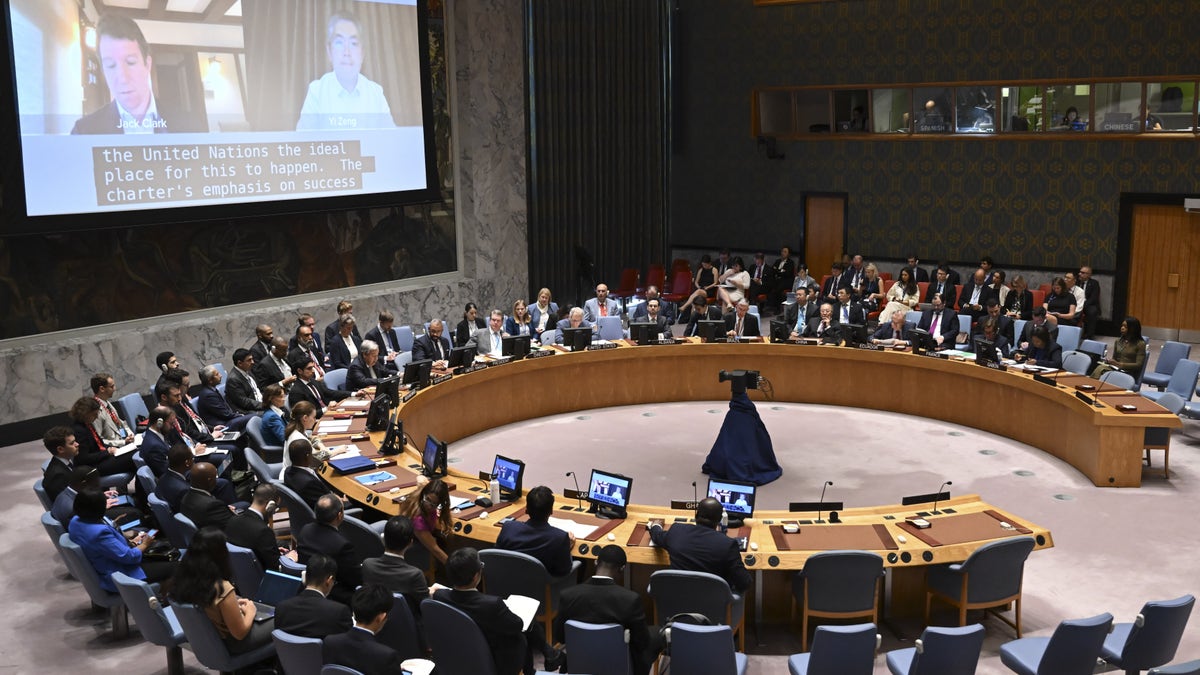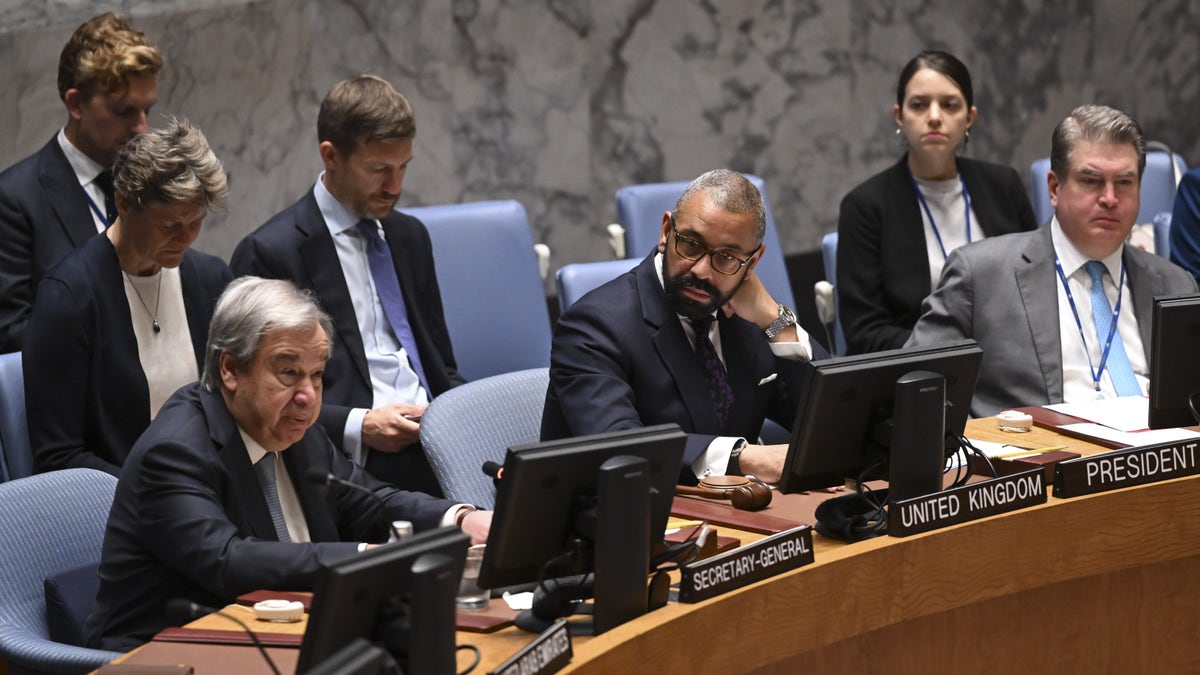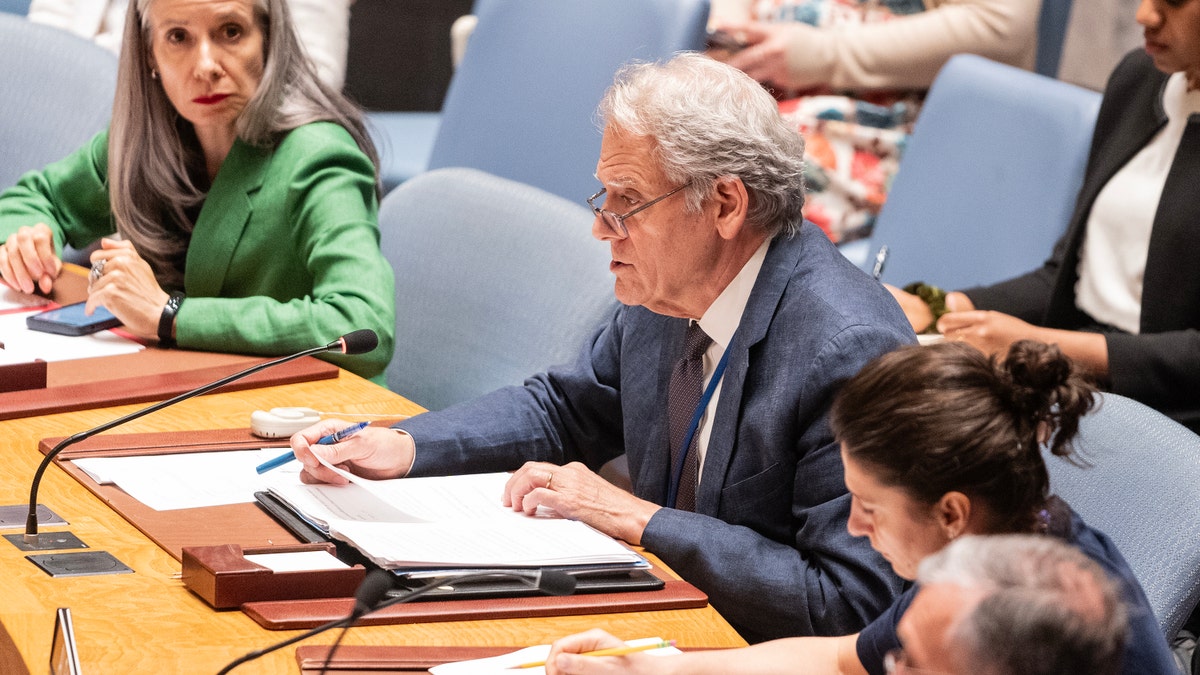The United Nations Security Council recently convened for its inaugural discussion on artificial intelligence (AI), delving into both the transformative potential and inherent risks associated with this rapidly evolving technology. World leaders expressed concerns about the potential for misuse, while also acknowledging AI's capacity for good.
UN Secretary-General Antonio Guterres emphasized the dual nature of AI, stating that while it holds immense promise for positive change, it also presents a significant threat in the wrong hands. He cautioned that the malicious use of AI could lead to unprecedented levels of destruction and psychological trauma. Guterres reiterated his call for a UN watchdog to oversee AI development and usage globally.

U.S. Acting Deputy Representative to the UN, Ambassador Jeffrey DeLaurentis, highlighted the positive applications of AI, citing examples such as crop management, weather forecasting, and medical diagnostics. He acknowledged the potential for misuse in exacerbating conflicts and spreading misinformation, but stressed the importance of finding a balance between maximizing AI's benefits and mitigating its risks. DeLaurentis advocated for collaboration with various stakeholders, including the private sector and activists, to effectively address the challenges posed by AI.

UK Foreign Secretary James Cleverly, who chaired the Security Council meeting, emphasized the transformative impact of AI on all aspects of human life. He highlighted its potential to reshape global strategic stability and challenge conventional notions of defense and deterrence. Cleverly stressed the urgency of establishing global governance frameworks for transformative technologies, recognizing that AI transcends national borders.

Cleverly proposed four guiding principles for AI governance: supporting freedom and democracy, aligning with the rule of law and human rights, ensuring safety and predictability by design, and maintaining public trust. He urged international cooperation to navigate the challenges and opportunities presented by this emerging technology.
Differing perspectives emerged during the discussion. The Chinese ambassador, Zhang Jun, argued that UN regulations should reflect the views of developing nations, criticizing some developed countries for attempting to control AI development and create technological barriers. Representatives from Japan, Mozambique, and the United Arab Emirates also contributed to the conversation.
Comments(0)
Top Comments